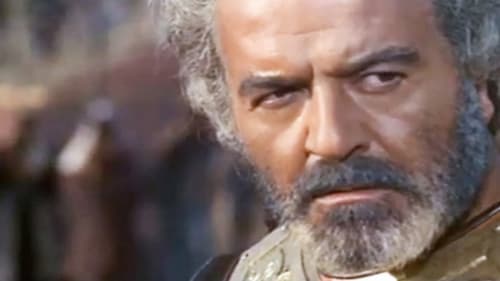
Music Director
Stage director Mariame Clément takes a critical look at the Crusades with her 2015 production of Rossini’s rarely-performed Armida. Premiered on November 11, 1817 at Naples’s Teatro di San Carlo, the three-act opera tells the tale of a cunning sorceress who manipulates a group of knights defending Jerusalem to abandon their posts and cast aside their noble and heroic ideals.

Conductor
For his first opera production, Dario Fo, the theatre director known for his brilliant wit, chose to stage Rossini's Il Barbiere di Siviglia sung in Italian for the Netherlands Opera. First mounted in 1987, it was a huge success and a live recording of its revival in May 1992, the 200th anniversary of Rossini's birth, has been made. Fo has said that Rossini is the musician of eating and love. He composes music rich in herbs and aromas, in which you find olives, tomatoes, fish, grapes, roses and rosemary, sheets and tablecloths, dry wine and the laughter of girls. His Barber is a joyful carnival. During the overture he fills the stage with carnival revelers and immediately the commedia dell' arte origins of opera buffa are restored. Visual theatrics abound, never at the expense of the music, but highlighting it, engaging the eye as well as the ear. Fo addresses the heart more than the intellect and Rossini's comedy comes up dazzling and vital.

Conductor
Esta história bíblica se concentra na conexão entre o Rei Saul (Norman Woodland), rei dos israelistas, e Davi (Glanni Garko), o menino pastor que matou Golias, que posteriormente tornaria-se Rei. O poder de Saul começou a enfraquecer enquanto escutava sua mulher invejosa. Eventualmente, Saul perde seu trono e sua vida enquanto Davi se torna Rei. Esta história épica impressionante foi parte de uma produção internacional de várias outras histórias Bíblicas do velho e Novo Testamento.



